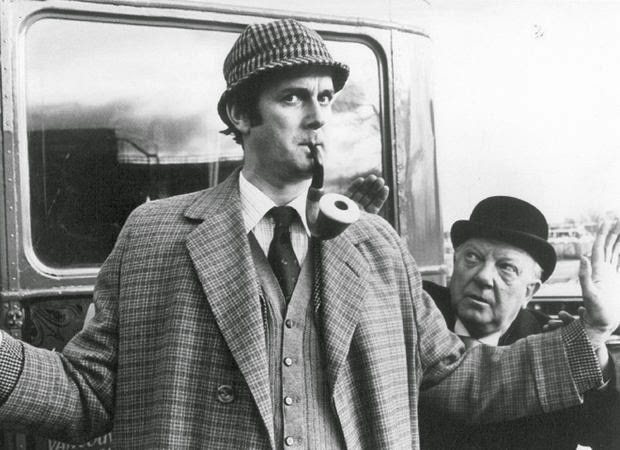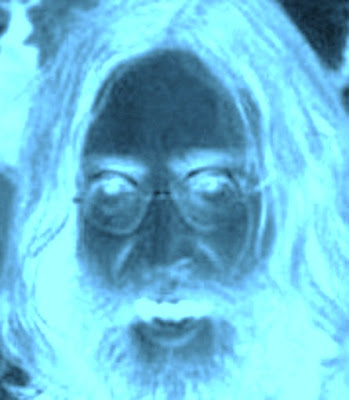George, George, George!
It has been happening just around the edges of my mind. A snatch of tune here and there: ". . . a foggy day in London town," or just a bit of the Rhapsody.
He's back.
I didn't want to say this until now, still quake a bit when I say it. Some months ago, I went on a Gershwin journey and went as deep into his life as I could.
It was fascinating, the things I found out. I even found recordings of his voice, the level, cultured/Brooklyn sonority of it, perhaps consciously cultivated, but now made his own. And I heard him rehearsing Porgy and Bess with a mixture of feverish excitement and anxiety.
George.
George was/IS one whose ties to the earth haven't been broken. The veil between his reality and ours is an exceptionally thin one, more like a fog. He has slipped back and forth a lot. Not only did his brother Ira see him after his death, so did a lot of other people. I kept finding - eerily - stories of "sightings", even decades later, George walking down the street in that rapidly purposeful way, smiling and waving, even sitting at a player piano with eternally youthful playfulness.
I came to be close to George, or maybe WITH George, which is another thing entirely. The material I wrote down was so intriguing that I sent portions of it to a friend who calls himself a medium. I've known him for 25 years and have had my innings with him, such as when he dismissed my first novel as a "zany soap opera" without reading a word of it. When he abjectly apologized years later, saying I had triggered all his "issues", I forgave him, not realizing it was a clear case of "look what you made me do".
What happened was, oh my, Margaret. This is definitely an authentic connection. This is fascinating! And on and on and on. So I kept on sending it to him, but now I doubt if he even read it. (If he could ignore a whole novel and still dismiss it. . . ). Then at a certain point, and abruptly, "I don't know, I can't make any sense of this but it's definitely nothing to do with Gershwin. Either someone else is pretending here, or you are."
Then he wondered why I was angry.
This time I really let him have it. For the first time in my life I allowed myself to be totally honest with a bully. A "psychic" bully - the worst kind. He quickly emailed me a rejoinder (fortunately he doesn't live here, but hunkers down on the Island with the Satanists), which I deleted unread.
But it killed George.
It killed him for me, though he was already dead, but not dead, not really. Passing back and forth, but turned away now by someone else's cruelty. My interest in him didn't wane - it died, even though I never wanted it to.
Gershwin had women friends whom he respected immensely. He respected them intellectually, but there was very little romantic love. His sexuality has been much discussed, as if it's any of our business. I don't think he was happy, but he was joyful. Exuberant. By turns, when he didn't have very deep blues, indeed. Deeper than the deepest indigo.
I felt I was in touch with him. Suddenly - . I thought he was gone forever, and what happened? I don't know, exactly. The silly, playful gifs and Blingees and carefully collected photos now seem relevant again. I want him to stay, and I don't want any phony spiritualists wrecking this, wrecking my deep connection, my mysterious contact with him, out of jealousy or pettiness or even worse things.
Nothing will. Suddenly, something sweeps in: and I am reminded of that incredible Ira Gershwin line: "but the age of miracles/Hadn't passed." Simple as e=mc2, and as profound.
It will never happen again. George will never happen again. Was once enough? Of course not. But he keeps coming back, in my dreams.
And here.
Visit Margaret's Amazon Author Page!



























